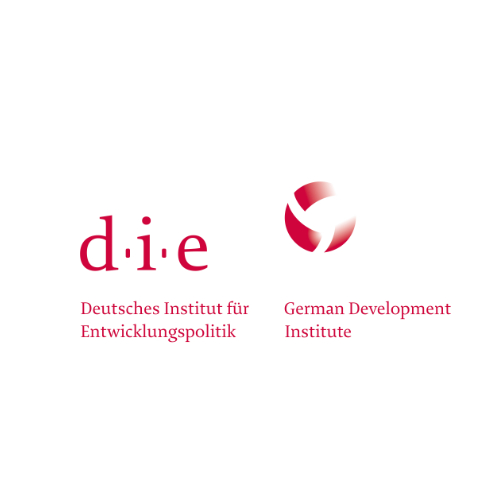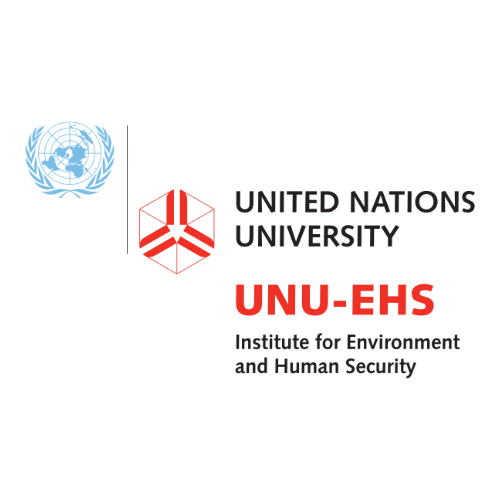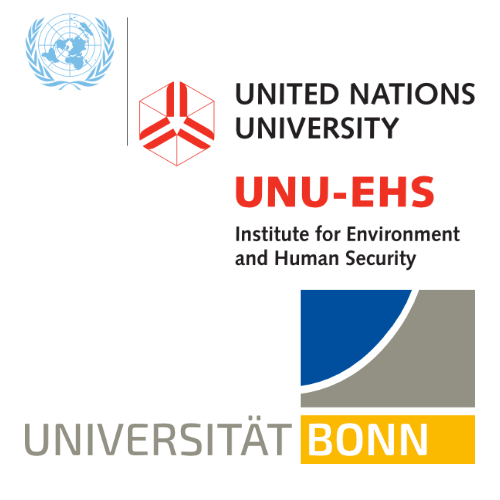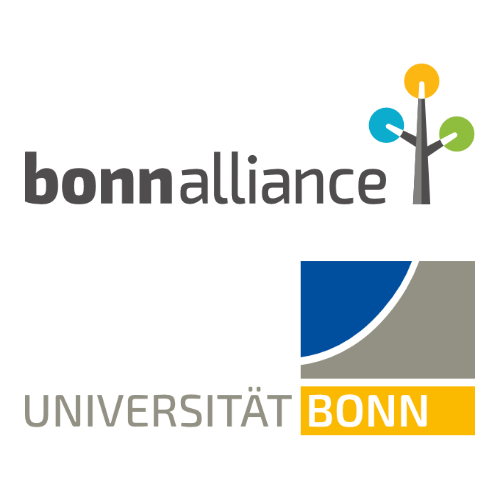News

Why green industrial policy should be a priority area of development cooperation
Tilman Altenburg, Head of Programme “Transformation of Economic and Social Systems” at the German Development Institute / Deutsches Institut für Entwicklungspolitik (DIE) sets forth how German development cooperation could establish a unique profile from which, incidentally, the German economy would also stand to benefit.

Why it matters how we produce knowledge on marine CO2 observations
Ramona Hägele and Mirja Schoderer demonstrate why marine CO2 measurements provide essential inputs for climate change scenarios, for international climate change negotiations and policies around the globe. They explain why it is so important that data on marine CO2 observations is openly shared, cognitively accessible by various kinds of users, and trustworthy.

Knowledge for strengthening Ocean Resilience
Beatrice Dippel and Irina Rafliana explain why 2022 is an important year to build on Southeast Asia’s experiences and knowledge with regard to the ocean and its risks. How can awareness of coastal risks and ocean resilience also be strengthened in other regions of the world?

Can ecosystems protect populations? New evidence published in Nature Sustainability
28 experts from different disciplines, including 6 authors from UNU-EHS, joined forces for a review of 529 English-language peer-reviewed articles published between 2000 and 2019 on topics related to ecosystem-based disaster risk reduction (Eco-DRR).

Five facts on drought risk, from the UNU Lead Author of GAR Special Report on Drought 2021
Droughts affect millions of people and many domains, and incur costs that are mostly laid on the shoulders of the most vulnerable. Impacts are widespread, ranging from agricultural and energy production to human health and biodiversity, and even tourism.

Master’s programme holds its first ever alumni reunion
Alumni, faculty and staff of the Joint Master’s of Geography of Environment and Human Security recently gathered virtually for the programme’s first-ever alumni reunion. Although held online, the reunion didn’t miss a beat in bringing the “GeoRisk” community back together.

Assessing whether artificial intelligence is an enabler or an inhibitor of sustainability at indicator level
Dr. Shivam Gupta, along with co-authors from an international network of researchers, published a study in the special issue on “AI for SDGs” from journal Transportation Engineering (Elsevier) titled “Assessing whether artificial intelligence is an enabler or an inhibitor of sustainability at indicator level”.

How to save the oceans?
Dorothea Wehrmann, Jacqueline Götze, Michał Łuszczuk, Katarzyna Radzik-Maruszak and Arne Riedel illustrate why and how exactly the UN decade should be used to foster transdisciplinary research, the inclusion of place-based knowledge and collaborative knowledge agendas.

Start of the UN Ocean Science Decade
On 1 June, the United Nations proclaimed the Decade of Ocean Science for Sustainable Development. Ina Lehmann explains what benefits marine protected areas can have for marine ecosystems. She explains why it is so important that they are not only effectively implemented but also socially just.